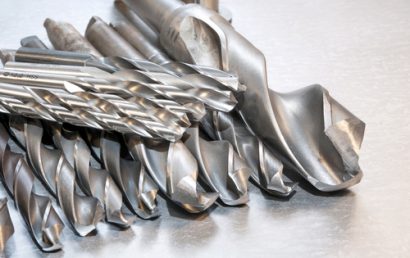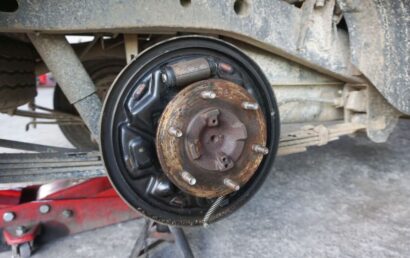How Do Protective Coatings Help Boost Bulk Solids Equipment Efficiency?
In the industry of powder bulk solids, efficient material feeding and precise metering are critical. Several conditions can affect lifetime and hinder the performance of bulk solids equipment and machinery, however. Protective coatings are an absolute must to avoid premature replacement and unwanted downtime. There are three main concerns typical where bulk solid handlers and powder handlers are concerned. They are as follows:
- Sticking
- Corrosion
- Abrasion and wear
What Are Bulk Materials?
Bulk materials are lumpy, granular, or powdery in nature. They are dry materials and are stored in heaps. Here are some examples:
- Stone
- Flour
- Sugar
- Grain
- Chemicals
- Salt
- Ash
- Cement
- Clay
- Gravel
- Sand
- Woodchips
- Cereals
- Coal
- Ores
- Minerals
Bulk materials are used in the following industries:
- Textiles
- Paper
- Paint
- Metals
- Electronics
- Ceramic
- Plastics
- Agricultural
- Tobacco
- Pet food
- Food and beverage, and more
Systems Involving Bulk Material Handling
Stationary machinery like the following is usually used in bulk material handling systems:
- Diverters
- Ship loaders
- Wagon tippers
- Railcar dumpers
- Truck dumpers
- Bucket elevators
- Reclaimers
- Stackers
- Top loaders
- Moving floors
- Tubular drag conveyors
- Screw conveyors
- Conveyor belts, and more
All of these faces many of the same challenges – resisting sticking, corrosion, abrasion, and wear.
From Sticking to Wear and Abrasion, What’s the Problem?
Why are the bullet points listed earlier a problem where bulk solids equipment efficiency is concerned? Let’s look at each of them individually:
- Sticking – Sticky materials may bridge or clump. That’s going to congest screens and filters and/or hinder the flow through meters.
- Corrosion – Various conditions can cause corrosion. A material may still contain moisture despite its being particulate in nature. With a variety of metals, chlorides can react. In a humid environment, equipment may be forced to operate. The porosity of cast materials only adds to the problem.
- Abrasion and wear – To the lifetime of a substrate, friction is a natural threat because, ending up in fragmented particulate materials, hard materials break down. Used to transport dry materials, feeder components problematically face the common issue of excessive wear.
Precise Applications for Specific Conditions
A variety of challenges are presented by bulk solid and powder applications. For each application, specific conditions must be addressed in order for a coating to protect equipment. Proprietary coatings have been specially created to deal with concerns such as the following:
- Sticking
- Corrosion
- Abrasion
- Wear and others
Looks familiar, doesn’t it? That’s the point. Here are some of the coatings used for protection:
- Enhanced composite coatings for thermal spray application resist alkalis, acids, various chemicals, corrosion, and abrasion. Additionally, they can perform at high temperatures and eliminate porosity.
- For harsh environments, polymer-based coatings can address conditions over a wide range. They can be created to reduce sticking, ensure mold release, or to resist alkalis, acids, and chemicals. They can also provide a low friction coefficient.
- For increased surface hardness, and to prevent stick-slip situations, a phosphorus/nickel, thin film coating is used. This electroless nickel coating exhibits good alkaline, acid, and chemical resistance, as well as performing well against corrosion and friction.
- A coating made with aluminum and aluminum alloys helps to protect against galling, sticking, corrosion, and wear. To reduce wear and heat, it offers a low coefficient of friction. In bulk solids and powder applications, it can resist commonly used chemicals.
A&A Coatings work hand-in-hand with all the industries listed here, and more. Our efforts extend to protecting bulk solids equipment so that it operates more efficiently and longer. Contact us today if you’d like to know more about the types of coatings we offer.




